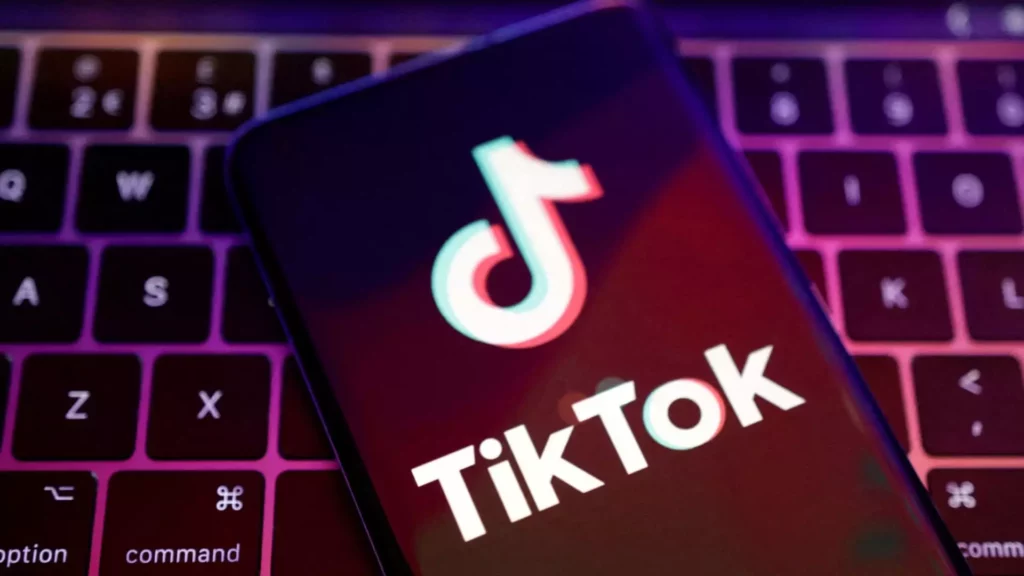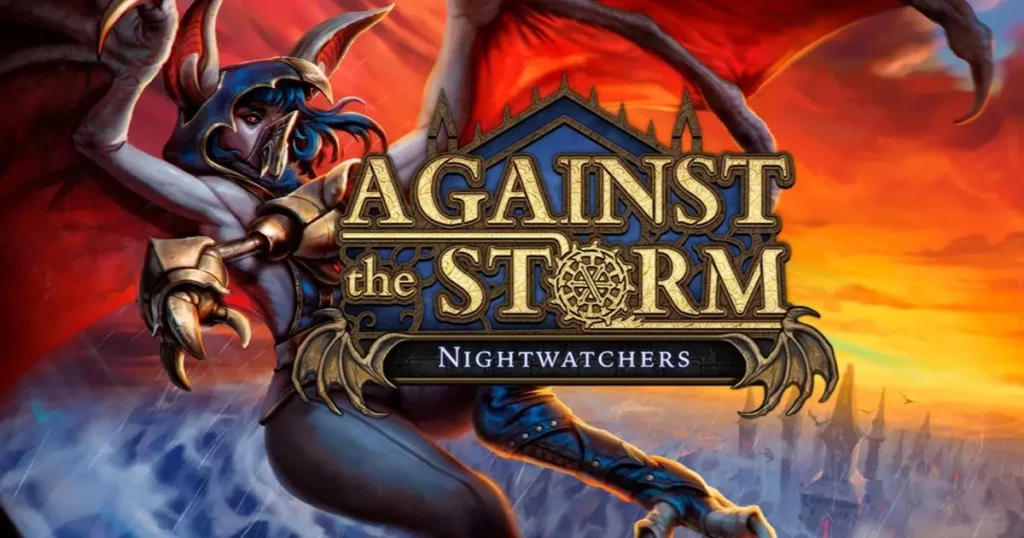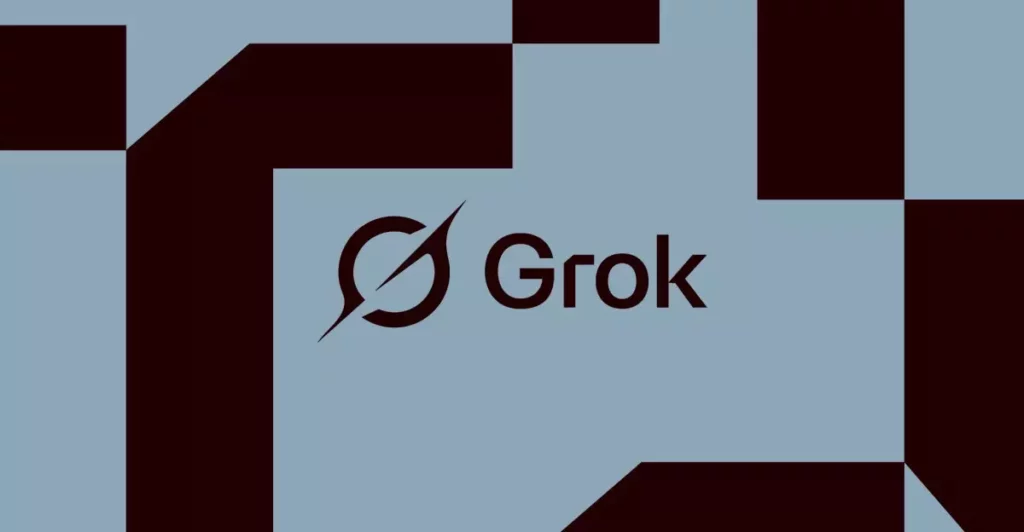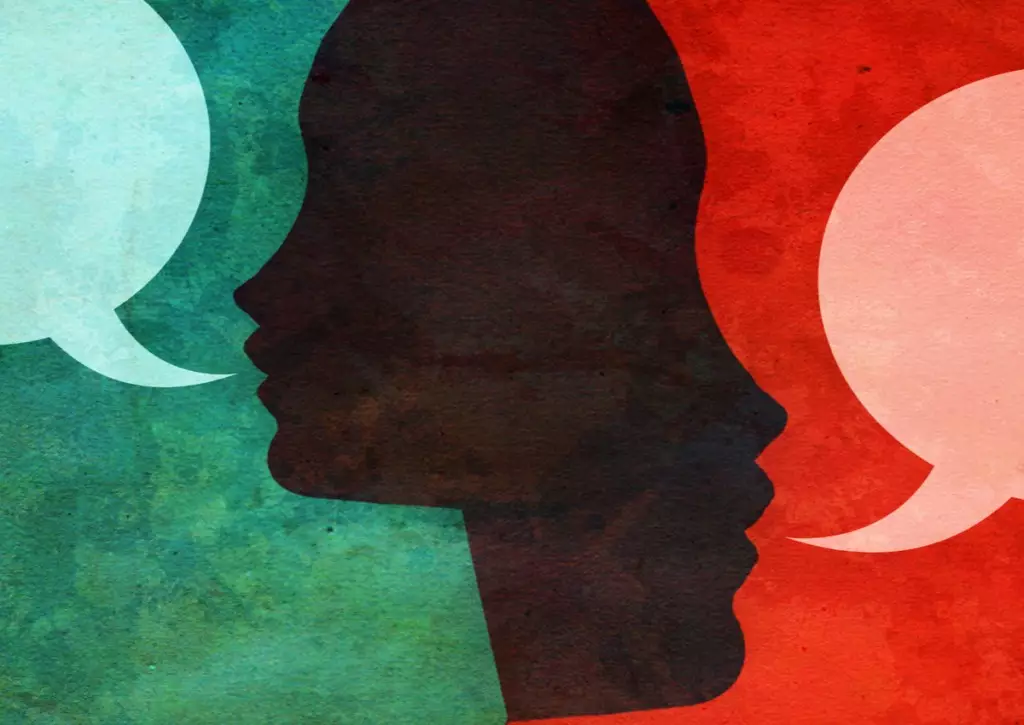In the sprawling landscape of the internet, where images and narratives shape public perception, content moderation serves as the often-overlooked guardian against the onslaught of toxic material. Major platforms like Meta, TikTok, and Google rely on an army of content moderators to filter out this harmful content. But what lies beneath the surface of this critical function is a disturbing reality: the emotional toll on those who perform this demanding role is devastatingly high. This dichotomy raises an important question about the treatment of individuals relegated to the shadows of the digital economy. The recent rise of organizations like the Global Trade Union Alliance of Content Moderators (GTUACM) underscores the urgent need for a discussion around the mental health and rights of these workers.
The Psychological Toll
Content moderators confront the scarring effects of their work on a daily basis. Exposure to graphic and disturbing imagery—ranging from violence to abuse—leaves lasting scars that often manifest as severe psychological repercussions. Reports indicate that many moderators are grappling with anxiety, depression, and even post-traumatic stress disorder (PTSD). The emotional burden becomes heavier when one considers the precarious working conditions, often devoid of mental health support mechanisms. The voices of former moderators highlight not only personal struggles but also a broader systemic issue. They echo the sentiment that the digital world may be evolving, but human dignity should not be sacrificed at the altar of corporate profit.
Unity in Adversity
The formation of the GTUACM marks a significant collective response to these widespread challenges. Content moderators from diverse geographies—spanning continents from Africa to Europe—are uniting to advocate for their rights and well-being. With this unprecedented coalition, they aim to hold tech giants accountable for their role in perpetuating environments that neglect the mental health of their workforce. This is not merely about wages and conditions; it is about fundamentally redefining the relationship between workers and corporations in an age that often prioritizes profit over people.
Mobilizing for Change
Unionization is historically an empowering force for workers, offering them the platform to advocate effectively for ethical treatment within their industries. The emergence of the GTUACM represents a critical juncture where content moderators are harnessing that strength to shine a light on their own experiences. The implications of this movement ripple beyond individual workplaces; they challenge the entrenched corporate culture that exploits labor for financial gain. As tech companies continue to profit from social media, this burgeoning alliance signifies a clarion call against the dehumanization that pervades the content moderation landscape.
Legal Repercussions and Responsibilities
The plight of content moderators is further exacerbated by the legal challenges emerging against giants like Meta and TikTok. Former moderators have initiated lawsuits that expose the negligence surrounding worker mental health in the tech industry, marking a seismic shift in how these corporations are held accountable. No longer can they sidestep responsibility by outsourcing labor and dodging direct accountability. This evolution in the legal landscape acts as a wakeup call for companies: the time has come to face the human cost of their business models.
A Movement Beyond Borders
The call for a collective movement reverberates through the voices of prominent figures like Benson Okwaro, General Secretary of the Communication Workers Union of Kenya. His stance emphasizes that workers in content moderation should no longer sacrifice their mental well-being for the sake of corporate profits. Investors and stakeholders are called upon to prioritize ethical considerations, redefining what it means to engage responsibly in today’s digital economy. The establishment of the GTUACM signifies not just a fight for recognition, but a foundational restructuring of how tech companies relate to their labor force.
The Road Ahead: Redefining the Narrative
As the GTUACM gains momentum, it marks not just a chapter in the struggle for rights but a transformative movement advocating for change on a global scale. This initiative encompasses a holistic reevaluation of the treatment of content moderators, ensuring that their invaluable contributions are recognized and honored. In a digital landscape increasingly reliant on social media for connectivity, there is no better time to elevate the conversation surrounding the invisible labor that keeps these platforms operational.
This unfolding saga serves as a potent reminder that when marginalized workers unite and advocate for their rights, transformative change is not just a possibility—it is an imperative. The future is poised for ethical recalibration as content moderators and their allies push for a more humane and dignified workplace in the ever-evolving world of technology.









Leave a Reply